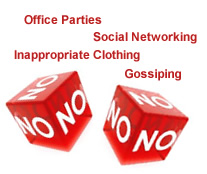The other highly surprising thing I learnt at the recent
SSDP UK conference was
just how amazingly effective cannabis is as a medicine. Obviously, I
knew that marijuana was available as ‘medicine’ in some countries and US
states. But I largely thought the quotation marks were serving a
purpose. While I had no doubt that it was a good psychic remedy. If it
was at all genuinely medicinal, I had the vague idea that it’s main
benefits were largely secondary, a palliative that helps managed pain
and nausea. In fact, medical marijuana does a lot more than that. A
hell of a lot more. To give you some idea take a look at
this list of over a hundred treatable conditions. And it really is treatment, not just management of pain and other side effects. It may even
cure cancer.
The point was brought forcefully home to me at the conference by two
patient/activists, Clark French and Greg de Hoedt, who hosted a panel
on their own experiences.
Clark French has
multiple sclerosis and has at times been confined to a wheelchair by
his condition. Taking regular medications certainly helped his condition
but often with numerous unpleasant side effects, which then required
more drugs with more side effects. Before trying medical marijuana he
was on a cocktail of 11 different medications and he was still sick.
Then he discovered that marijuana helped with every single symptom.
Since then he has
visited California to
talk to medical marijuana professionals and discover which strains
would work best for him. His MS is still there but it is much more under
control and as a result of using marijuana he has cut down to just one
other medication.
Click here to continue reading

















































